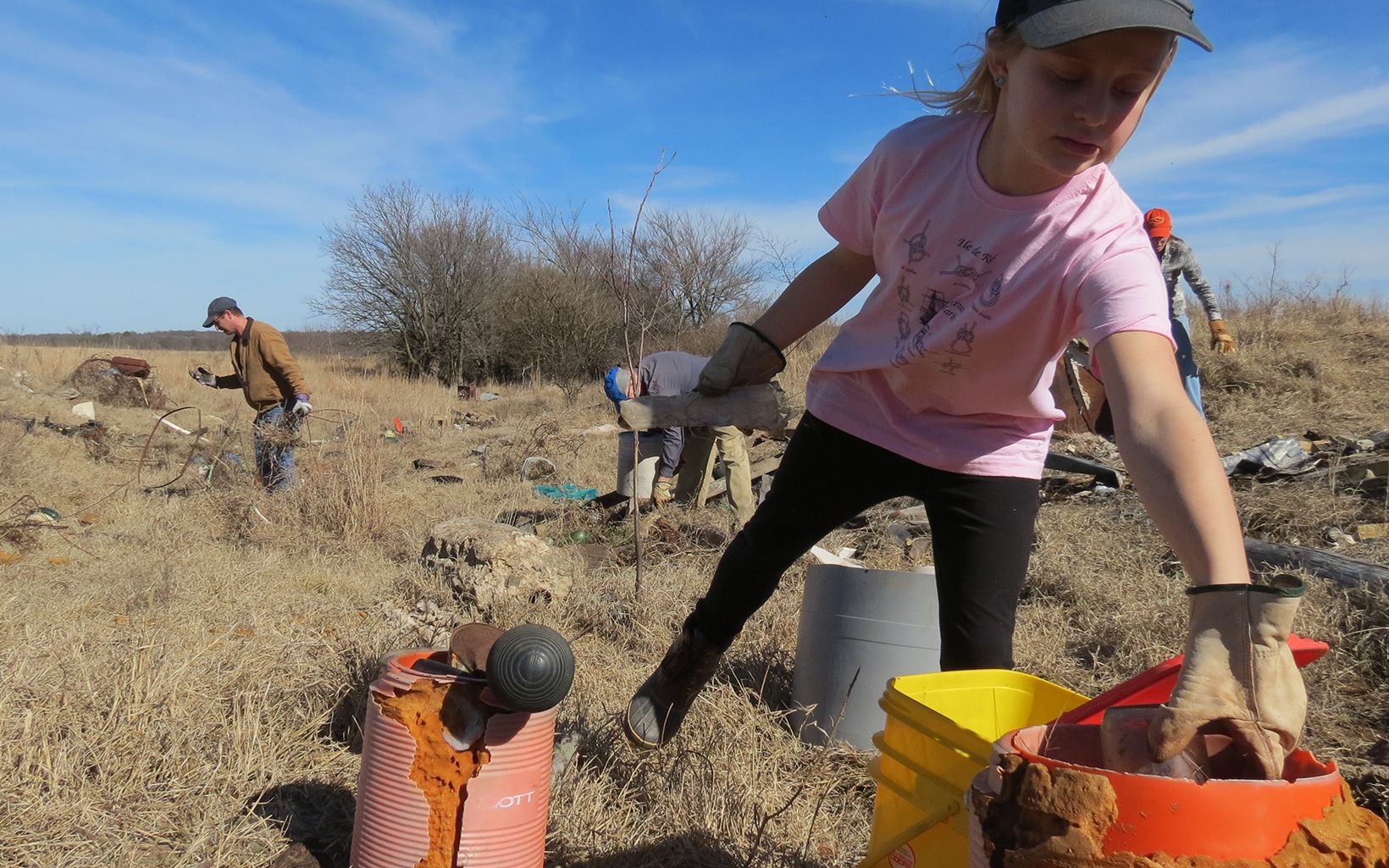Stink and Grace
Life stinks. I’m not using the word “stinks” as a value judgment. I don’t mean to invoke the scene of a child who dropped their ice cream on the ground: “Oh, Honey, that really stinks!” Or the baseball fan’s epithet when he thinks an umpire blew the call: “You stink, Ump!!”
No, I’m talking about the smells of life: body odors, the waste of meat-eating animals, marsh rot, freshly spread pig manure on fields.
All those things, and many more, stink. A great deal of what we call civilization is built to deal with stink: paved streets; sanitation systems that move human and household waste to treatment plants, dumps, and recycling stations; soaps, detergents, bleaches, and deodorants; water purification; scrubbers to lessen the smell and damage of fossil fuels burned by utility companies.
Life stinks. And if we don’t pay sufficient attention to cleaning up those stinks, especially when it comes to water and trash systems, society is in trouble. Ask any resident of Flint, Michigan what is like to live without drinkable water or any resident of New York City when sanitation workers strike and you’ll get ample testimonies: life without cleanup stinks.
Now, I DO want to move from the actual to the metaphorical.
Social life without repair, reparation, and forgiveness stinks.
It is human to cause others pain and to feel pain in relationships. It is human to seek redress for being wronged, to seek an eye—or two—for an eye taken. It is human to define ourselves as over against some “other” and to fight against the other for the sake of honor, defense, or gain. It is human to dominate.
All these behaviors cause human life to stink. Even some alleged practices of “repair” add to the smell: scapegoating, suppressing “undesirable elements,” burying the shameful past, and banishing.
If this is all it meant to be human, life would only and always stink.
But it is also human to cooperate, to care, to show compassion, and to reach out again despite being wounded. It is human to love. It is human to resist injustice and to defend those who are unjustly treated. It is human to desire to repair broken or damaged relationships and to seek a way forward. Together.
These practices constitute a society’s cleansing system. Without compassion, repair, love, and forgiveness, being in any relationship—from the intimate to the societal—stinks.
However, whereas a sanitation system might simply remove the smell from our eyes and noses, the social cleansing system requires each of us, and our communities, to deal personally with the stink.
Any community—from a family through a village—or society without a functional social cleansing system will collapse under the weight of resentment, shame, and injustices.
In religious language: brokenness, or sin, is endemic in human life. We will hurt someone else, regardless of intent. We will participate in systems that privilege some and disadvantage others, regardless of intent. But if the hurts and offenses are never flushed from the system, if relationships are judged to be beyond repair, if forgiveness is unavailable or demanded prematurely or withheld indefinitely, society will stink.
As I tell churches when I teach or consult regarding their communities: a community is not perfectible as a term paper might be. There are term papers—rare, yes, but in reality—that are grammatically correct, stylistically sophisticated, and well-argued. But communities are always in flux, are never “ready to be turned in,” can never be perfected, will always include relationships that work and others that struggle.
In other words, a society will always stink, more or less. And any community worthy of being called a community will always practice practices, such as repair and forgiveness, without which it is hard to live, and impossible to live abundantly.
Again, in religious terms, life without grace stinks.
Dr. Gary Peluso-Verdend is president emeritus at Phillips Theological Seminary and is the executive director of the seminary’s Center for Religion in Public Life. The opinions expressed in this blog are those of the author. Learn more about the Center’s work here and about Gary here.



Comments are closed.